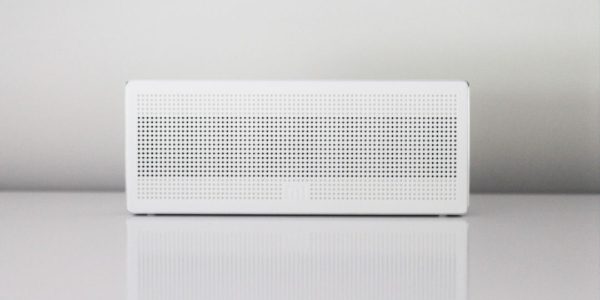People tend to want to just turn on the air conditioner and have it work. However, air conditioning systems typically have a life span of about 12 years. Aside from the finance options for a new air conditioner, the major considerations for a new air conditioner are how it works and how it is installed. Here are the differences between three different types of cooling units.
Swamp Coolers
Swamp coolers are also called evaporative coolers. Swamp coolers have pads that are moistened with dripping water. As air is sucked through the moist pads, the air is cooled, similar to how the air is cooler near lawn sprinklers or misters. Specifically, the heat in the air is absorbed by the air droplets in the moist pads, causing the droplets to evaporate, hence the name “evaporative cooler.” As the droplets evaporate, they carry the heat away from the stream of air, leaving the stream of air both cooler and more humid. Because swamp coolers rely on evaporation to cool the air, they are more effective in dry climates and less effective in humid climates.
The disadvantage of swamp coolers is that they require a water source to operate and, if they malfunction, can leak water. Moreover, swamp coolers do not provide heat, so they are best suited for climates with mild winters.
The advantage of swamp coolers is that they are usually less expensive to purchase than other kinds of air conditioners because they have very few parts — a fan, a fan motor, a water pump, and a water valve. Moreover, swamp coolers are usually less expensive to install because no ductwork is required. Rather, swamp coolers are installed in windows or on a roof with the swamp cooler blowing directly into the space rather than through ductwork. Lease-purchase programs and other forms of finance for HVAC often result in fairly manageable payments because swamp coolers are less expensive than other forms of air conditioning.
Reversible Heat Pump
You can use reversible heat pumps in climates where both winters and summers are mild. Reversible heat pumps use a vapor compression cycle to transfer a refrigerant between an outside unit to an inside unit. During the summer, the inside unit functions as an evaporator that absorbs heat to vaporize the refrigerant. Meanwhile, the outside unit functions as a condenser that gives up heat as the refrigerant transforms back to a liquid. During the winter, the inside unit and outside unit reverse functions, transferring heat from outside the house to inside the house. A heat exchanger transmits the heated or cooled refrigerant from the heat pump to a forced air system, which blows the air through the house.
The disadvantage, as discussed above, is that heat pumps are most useful when summers and winters are mild. The advantage of a reversible heat pump is that heating and cooling are provided by a single system rather than having a separate heating unit and cooling unit. Thus, finance for HVAC systems that use a reversible heat pump is relatively straightforward since a separate furnace and air conditioner are not required.
Central Air Conditioning
Central air conditioning is the system that people most often refer to as air conditioning. Central air uses a heat pump during the cooling season by transferring heat from an evaporator inside the house to a compressor outside the house. The system then blows the cooled air through ductwork inside the house. During the heating season, a furnace — typically burning natural gas or heating oil — uses combustion to generate heat. A heat exchanger transfers the heat to air that is circulated through the same ductwork inside the house.
The advantage of central air is that the house is heated and cooled very uniformly. The disadvantage is that central air can be very expensive to purchase, install, and operate. HVAC financing to spread out the cost may be required. Options to finance for HVAC include lease to own programs in which a lessor purchases the HVAC system and leases it to the lessee.
In sum, selecting an HVAC unit often depends on the location and climate of the home. However, a program to finance for HVAC systems is typically available regardless of the type of unit.



